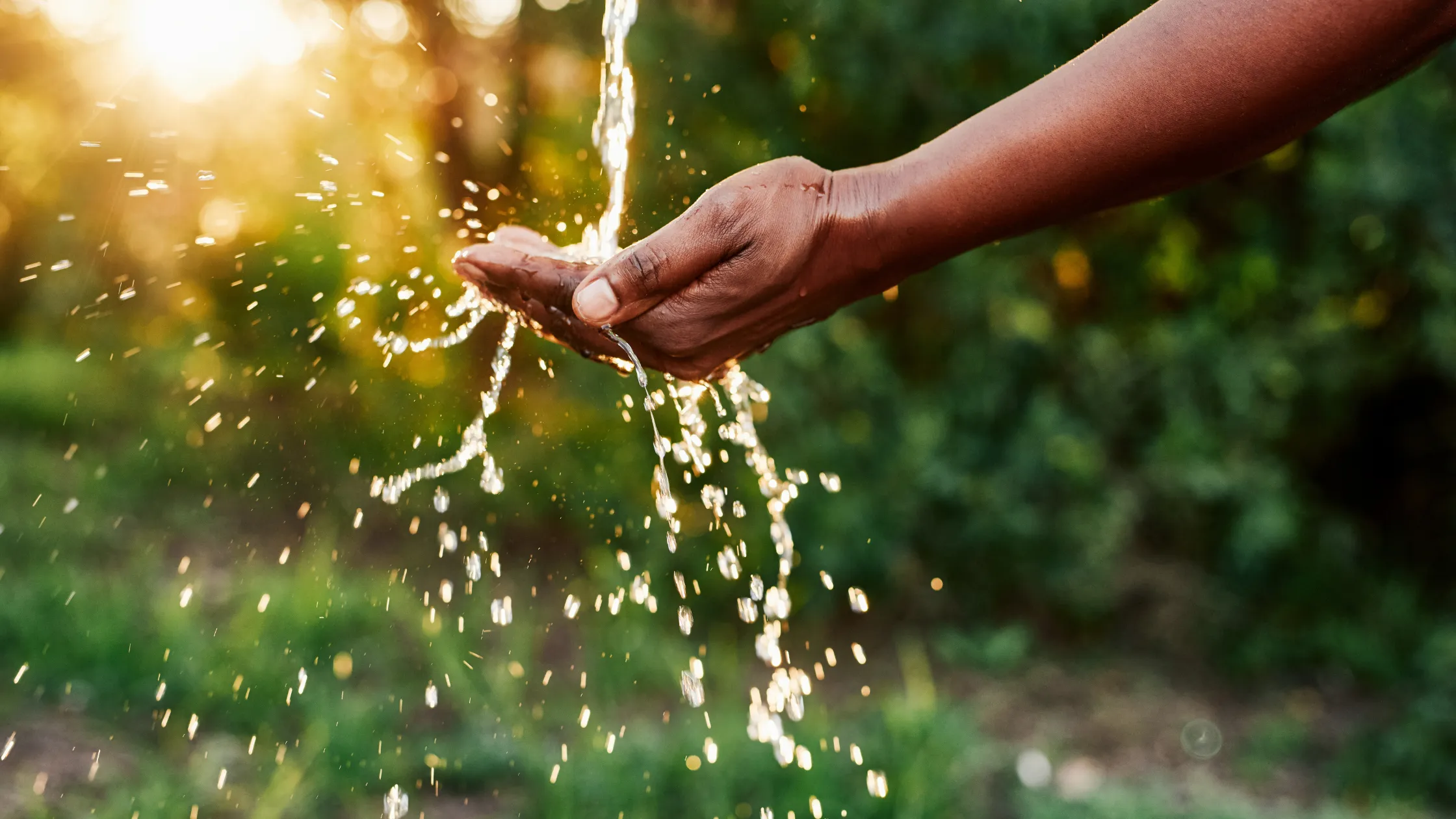INTRODUCTION
Water conservation plays a crucial role in organic crop farming, enhancing sustainability and ensuring the efficient utilization of resources.
The field soil is rich, loamy, clay, dark, and crumbly, where the water flows gently through the soil’s upper layer, without washing away the necessary nutrients.
They are the basis on which the farm land thrives without proper water management organic farmer will face declining yields, environmental challenges that could have been prevented. Organic farming operates on a simple foundation, which believes in working with nature. Water conservation is crucial because organic farms often rely upon natural rainfall patterns and groundwater sources that need protection from contamination.
WATER CONSERVATION IN ORGANIC FARMING:
Water is the lifeblood of agriculture, where sustainability is the key factor. The organic farmer strives to balance the water requirement for their crop with the attempt to conserve these precious resources.
Water management is key to organic farming. Which makes sure that they receive the right amount of water the grow a healthier crop and yield optimally. Less water can stress out the plants and reduce productivity. Excessive irrigation can lead to waterlogging and wasted resources.
Organic farming depends on a healthy soil ecosystem, which flourishes when it is judiciously taken care of. Overwatering can disrupt soil health by dismantling topsoil and creating compaction in the soil structure. Whereas on the other side, proper water management maintains healthy soil fertility, encourages microbial activity, and supports the long-term productivity of farmland.
Effective water management reflects the broader principles, reducing environmental impact, conserving natural resources, which promotes resilience against the challenges of climate change.
SUSTAINABLE IRRIGATION TECHNICAL FOR DRY SEASON
One crucial thing about the summer season dry times is to make sure your plants are getting the right amount of water. This practice is termed irrigation, getting water to the plants in a controlled and measured way. If you get things right, then plants will produce more food.
With a lot of uncertainties in the uneven rain, and prolonged dry weather is expected to stick around. In a recent survey, around 94% think a change in rain patterns impacts the farming system. It is important to be accessible to sustainable methods such as solar, which will reduce the environmental impacts. Types of irrigation techniques:
1. sprinklers
2. Drip irrigation
3. mist
4 manual
5. Furrow
WATER SAVING METHOD FOR ORGANIC FARMS
Every life form sustains on water availability. The limited resources of fresh water make it important than ever to save water, especially in agriculture many of the conventional agriculture water management difficulties may be addressed by organic farming.
Organic farmer can present and manage water in their farms in multiple ways. One vital method is cover crops or mulch to prevent soil evaporation.
Precision irrigation methods like drip irrigation can reduce water use by a conventional sprinkler system by 60%. Farmers can adopt stores and harvest the rainwater from roofs or other surfaces for use. Organic farmers may assist in maintaining crucial resources and ensuring sustainable food.
EFFICIENT WATER MANAGEMENT IN AGRICULTURE
Efficient water management in agriculture involves inculcating innovative techniques and practices that optimize water utilization, enhance crop yield and promote sustainability.
Adapting effective water management practices in agriculture is critical for ensuring sustainable food production in areas of water scarcity and climate variability. Implementing techniques such as drip irrigation, rainwater harvesting, and precision agriculture, farmers can optimize water use, enhance crop resilience.
Water availability is detrimental to agricultural development and food production socio- Socio-economic factors and climate change influence the pattern of agricultural water use. Sustainable water management in agriculture, which has a multifunctional role, can be achieved by adopting improvements in irrigation application and soil management.
WRAPPING UP:
In organic farming, water conservation goes along with broader ecological practices. Healthy soil is a natural water reservoir, and an organic farmer focuses on establishing the soil’s organic matter to improve its water-holding capacity. Various techniques are utilized, like composting, cover cropping, and crop rotation enhance soil structure, helping to retain moisture and release it to the plants.
Water management is a key stone of organic farming, where every initiative counts. By employing efficient irrigation techniques, conserving water resources, and fostering soil health, organic farmers create systems that are both productive and sustainable. As climate change continues to challenge the agricultural system. Through careful management and commitment to sustainability, organic farmers demonstrate that it is feasible to grow healthy, abundant crops while conserving Earth’s vital resources.

